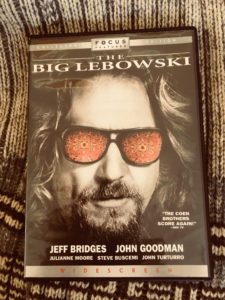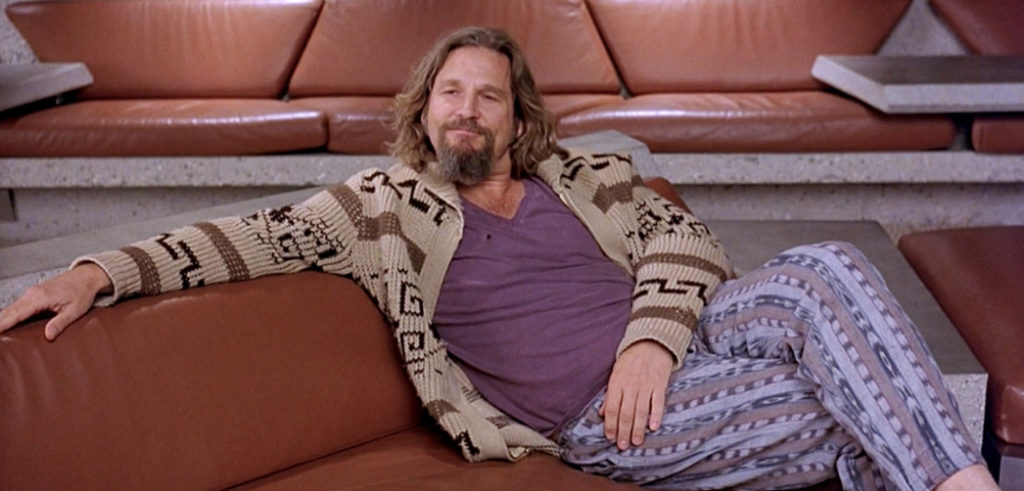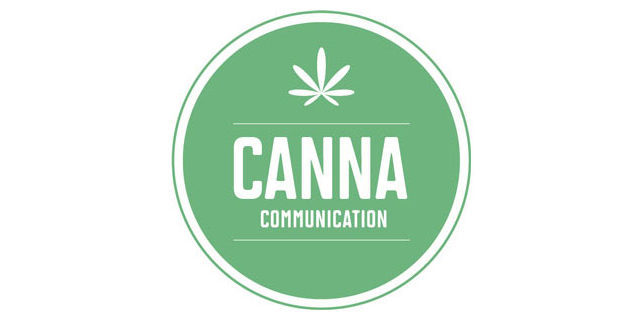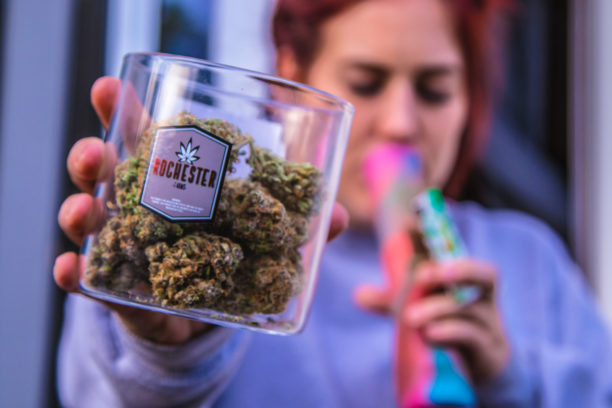It’s hard to understand a stereotype until you see yourself as one. And for people in the cannabis business, we’ve got plenty of memorable stereotypes.
It begins with the 1936 film Reefer Madness where cannabis users were criminals and driven to sex and suicide by the plant. The marijuana stereotypes were dark and meant to frighten people. From all observations, the film financed by a church group was successful in continuing those stereotypes.
The stereotypes of young people and black people as rabid cannabis users were perpetuated in the 1960s and 1970s and took a serious turn with President Richard Nixon who determined that anti-war protesters and blacks were working against his Vietnam War effort and marijuana was fueling the fire.
Recently, John Ehrlichman, Nixon’s domestic policy chief, said this: “We knew we couldn’t make it illegal to be either against the war or blacks, but by getting the public to associate the hippies with marijuana and blacks with heroin. And then criminalizing both heavily, we could disrupt those communities. We could arrest their leaders, raid their homes, break up their meetings, and vilify them night after night on the evening news. Did we know we were lying about the drugs? Of course, we did.”
This is how a stereotype becomes a profile. And we know the dangers of profiling.
Cheech and Chong’s 1978 movie, Up in Smoke is a classic stoner film that launched a series of pot-smoking comedies. It’s interesting though, that Reefer Madness was an anti-cannabis film and Up in Smoke portrayed marijuana as funny and harmless, yet both are enduring cultural entities that created and still perpetuate people’s views of the people who use cannabis.
 Other films, including our inspiration for this blog title The Big Lebowski, Pineapple Express, anything with Harold and Kumar (and the list goes on) have helped further the stoner stereotype. You know, well, like, um The Dude, man. People who use marijuana are lazy, forgetful, distracted, chill, unproductive and, almost always funny. Women often play secondary roles in cannabis films, usually as hot girlfriends of stoner dudes. Considering that 57 percent of women favor marijuana legalization and women comprise 36 percent of the leaders in cannabis, there seems to be some serious underrepresentation going on.
Other films, including our inspiration for this blog title The Big Lebowski, Pineapple Express, anything with Harold and Kumar (and the list goes on) have helped further the stoner stereotype. You know, well, like, um The Dude, man. People who use marijuana are lazy, forgetful, distracted, chill, unproductive and, almost always funny. Women often play secondary roles in cannabis films, usually as hot girlfriends of stoner dudes. Considering that 57 percent of women favor marijuana legalization and women comprise 36 percent of the leaders in cannabis, there seems to be some serious underrepresentation going on.
Late in 2017, the Netflix series, Disjointed was released. It’s a comedy about a female cannabis activist lawyer turned grower/medical dispensary owner. Her employees often partake on the job and they take their fashion cues from the 1960s and 70s. Right in the middle of medical and adult-use legalization in America, when cannabis is starting to gain some respect, we were faced with tired marijuana stereotypes. If you were to believe Disjointed, you’d think that medical marijuana dispensaries operate loose and fast with the law when it comes to checking IDs and smoking on site. People who work in medical cannabis are professionals and this scenario is far from the truth.
While Reefer Madness worked to make people fearful, Disjointed furthers the stereotypes of cannabis users and businesses in a way that doesn’t help our industry.
Here’s why marijuana stereotyping bothers us.
Cannabis is a serious business. It’s projected growth is expected to hit $21 billion by 2021. It is one of the most highly regulated industries in the US, even more so than pharmaceuticals and alcohol. People who want to operate cannabis businesses are subject to steep capitalization requirements, extensive police background checks and personal financial reviews.
We understand that Up in Smoke and Disjointed are fictional pieces. Humor and comedy are a great way to make people comfortable with something unfamiliar, but at this point in time, it doesn’t engender confidence in patients, those people who need cannabis for medicinal purposes. People with epilepsy, Crohn’s disease, those needing to alleviate the effects of chemotherapy or to lessen the trauma of PTSD count on marijuana medicine. The persona of red-eyed, slow-talking, smiling stoners growing or selling your meds needs to go!
A new picture of cannabis users and business owners is evolving and while we love The Dude, he’s a charming relic of our past.


